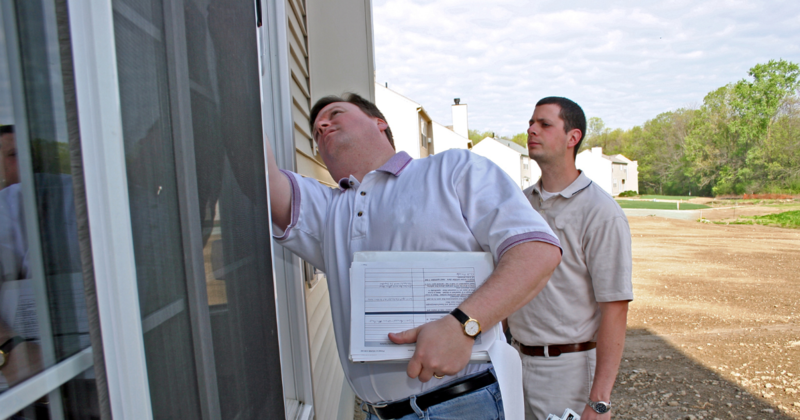Paying more for home insurance? You’re not alone. Home insurance premiums are on the rise,…
How New Pricing Model Affects Loan Fees
Closing costs are an unavoidable part of the mortgage process. But as of May, some of those costs may change and even increase for some homebuyers and refinancers.
This is due to recent changes made by the Federal Housing Finance Agency to its pricing framework, which will affect the upfront fees that come with conventional mortgages (but not FHA, VA, or USDA loans).
If you’re considering a conventional loan for your home purchase or refinance this year, here’s what the changes mean for you:
1) Higher-credit borrowers may see more variance in fees.
Previously, borrowers with credit scores over 740 saw the same pricing. Now there will be added brackets with varying fees for those with scores between 750 and 759, 760 and 779, and 780 or higher.
2) Lower-credit borrowers won’t be penalized as harshly.
With the old pricing arrangement, borrowers with a score of 639 or lower paid fees as high as 3.75%. The new arrangement reduces the maximum fee to 2.875%.
3) Cash-out refinancing may get more expensive.
The highest fee for cash-out refinances was previously 2.125%, but it will now exceed 5% for some borrowers.
4) Buying a multi-unit property might be cheaper.
The fees for purchasing a two- to four-unit property range from 0.0375% to 0.625% under the new pricing model, whereas the fees were previously 1% across the board.
The new fees can be complex, and they vary based on the size of your loan, your credit score and your down payment. If you’re curious about the fees you can expect for your upcoming purchase or refinance, don’t hesitate to get in touch.




